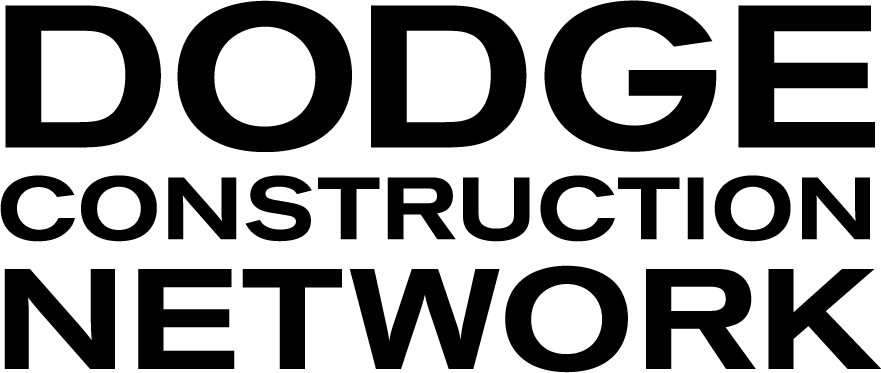Is 2020 a Tipping Point?
At the turn of the decade, is the construction industry undergoing a profound transformation?

In the 2020 State of the Industry report (see it here), Richard Branch suggests that the U.S. construction economy is at a tipping point. The Dodge Data & Analytics chief economist says, “After a solid 10-year economic expansion … total construction starts are now tipping over the edge into decline.”
There seems little doubt that we are at a point of change in the construction economy. The expansion has cooled, and we will likely see a less robust industry. During the Dodge Data & Analytics Construction Outlook conference in Chicago in October, it was argued by several presenters that this cooling off would be minor, and the industry would soon regain its upward momentum, only being constrained by the shortage of skilled labor.
That scenario describes an inflection point more than a tipping point, I think. We are seeing a change in the construction economy, but not a significant one. “Tipping point,” in today’s vernacular, often refers to the theory advanced by Malcolm Gladwell that suggests major change. A tipping point, Gladwell says, “is a moment of critical mass, the threshold, the boiling point.”
But I think Branch is right to call this moment a tipping point. As we enter a new decade, we can feel a sense of something momentous brewing. Our political environment is in upheaval. (As I write this, the President of the United States has been impeached and is being tried in the Senate.) We just completed the hottest decade on the planet in recorded history. Social media has grown to be a dominant force in our lives. Smart phones are changing the way our brains work. The Millennials are now, if not soon to become, the largest generation, surpassing the Baby Boomers. And a dozen other indicators are undergoing significant alteration.
The inflection of the construction economy is just one small indicator of rampant change—a tipping point.
The Greek philosopher, Heraclitus, famously said, “The only constant in life is change.” For many, that indicates that change itself is constant and incremental. We experience small changes every single day on a continuum until we eventually notice that something major has altered. Parents who wake up one day and realize the baby they just had is now thumping around the house as a teenager understand this phenomenon particularly.
But that’s not how change happens, and that’s not how tipping points work. Tipping points are those moments that evolutionary biologists call “punctuated equilibrium.” It describes rapid change that occurs after long periods of dormancy or minor modification.
I believe that punctuated equilibrium describes all the kinds of change we see in our lives. Certainly, the baby didn’t become a teenager overnight, but babies do undergo rapid and significant developmental change. It’s not unusual for them to grow half an inch overnight. Business owners like to experience steady growth, but often the growth comes in huge, barely controllable leaps. Politics faces amazingly quick transformations. Who would have thought in 2014 that we would see the massive political change in the U.S., Europe, Russia and the United Kingdom that is happening now? The planet temperature isn’t going up in a nice, steady slope, but is accelerating, and the effects of that increase are accelerating also.
So, yes, we are at a tipping point. The construction economy may be inflecting, but new construction technologies, the changing of one generation to another, evolving attitudes toward skilled labor and a dozen other elements of our industry are shifting as we speak. Five years from now what we see of the construction industry, which is a notoriously conservative and slow-to-change industry, will look and act significantly different than it does now.
How do we prepare for that? First, make sure your ship is in order. Marginally profitable companies that live only by the health of their cash flow are going to disappear or get gobbled up by better-run firms. Companies unwilling to change may survive, but their more nimble competitors will speed by them. Smaller companies will struggle to keep up with larger firms because the new technologies require significant capital investment and eat up company resources to implement. Larger firms can spread that burden across more areas, giving them a financial advantage.
But most importantly, people who cling to old ideas, who refuse to challenge basic concepts of how they do business, will be left as husks on the side of the road. Why am I so confident in these predictions? Because I’ve spent my career in publishing, and if there is any industry that understands the need to adapt and move rapidly, it is this one. Nothing in publishing—nothing—is the same as it was 20 years ago. That kind of punctuated equilibrium feels like it is coming to the construction industry. We are at a tipping point.
